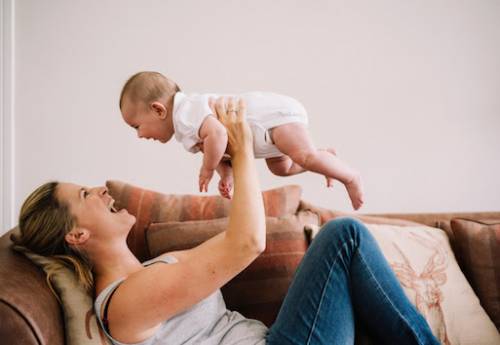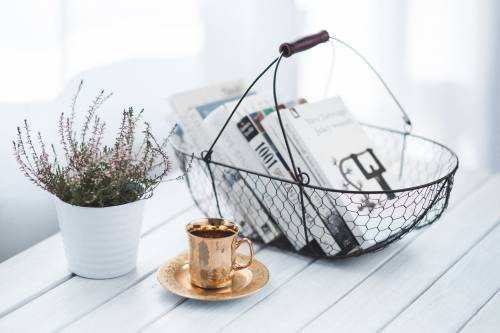Advice for Grandparents
For grandparents across the country, the recent Covid-19 pandemic has created – perhaps more than for any other demographic – a great deal of anxiety and concern.
While public understanding of the virus is rapidly evolving, there is still significant uncertainty surrounding the broader ramifications for individuals and society at large.
We know that elderly grandparents – that is, grandparents over the age of 70 – are particularly susceptible to the effects of the virus. Government guidance recommends that, even without pre-existing medical conditions, over 70s take particularly stringent social distancing measures. These measures have been supported by broader community efforts. For example, many supermarkets have introduced specific hours to accommodate shopping for the elderly, and efforts have been made to prioritise the most vulnerable members of society when it comes to allocating online delivery slots.
While any efforts – at both a government and community level – to support the elderly are to be applauded, many grandparents will be concerned as to how they can best nurture their relationships with grandchildren, and additionally meet the broader needs of their families as a whole.

Advice from Laurus
During this difficult time, we at Laurus first and foremost recommend a common-sense approach, which prioritises the physical wellbeing of grandparents. Families should, where possible, support each other with technology; using telephone calls, emails and letters, and video conferencing methods (such as FaceTime or Skype) to stay in touch while the nationwide lockdown is in effect. These methods can go well beyond the typical two-minute catch up conversation, and we would encourage grandparents to connect with loved ones through shared activities, such as reading stories to children.
In more complex circumstances, however, such as when grandparents care for a grandchild through a Child Arrangements Order, it is important to evaluate the legal implications. As the Minister for the Cabinet Office, Michael Gove, recently outlined: it is permissible for children under the age of 18 to move between households when such a transition is mandated by a Child Arrangements Order. In short, where there is discord between parties as to arrangements going forward, the advice of the government must be followed. However, the existence of a Child Arrangements Order does not preclude parties coming to their own, separate agreement.
At Laurus, we believe that parties should show flexibility – particularly during this difficult period. Grandparents must weigh up the risk they put themselves at, should they take responsibility for grandchildren who regularly transition between different households. While there is evidence to suggest that children rarely – if ever – suffer serious effects of the Covid-19 virus, it is widely believed that they can still transmit the disease to adults. While separated parents – who are not in a higher risk category – might wish to accept the possibility of increased exposure to the virus, grandparents should consider taking steps to minimise or eliminate the frequency with which a child transitions between their household and another.
As always, when determining a plan, all parties involved should prioritise the best interests of the children. There is no one-size-fits-all approach when it comes to meeting the needs of any individual child, and families should work together in reaching a decision. However, it cannot be overstated that, as things stand currently, a Child Arrangements Order must be adhered to should parties be unable to reach an alternative agreement.
Now, more than ever, grandparents must think creatively about how they can best protect themselves, while also meeting the needs of their families. At Laurus, we are on the panel of the Grandparents Association, and as such have a wealth of experience working alongside grandparents to ensure that their interests are best looked after. If you have any questions or concerns about the current pandemic – and how it might affect you in a legal sense – we would welcome the opportunity to advise you.
Please do not hesitate to contact our Family law team on 020 3146 6300.







